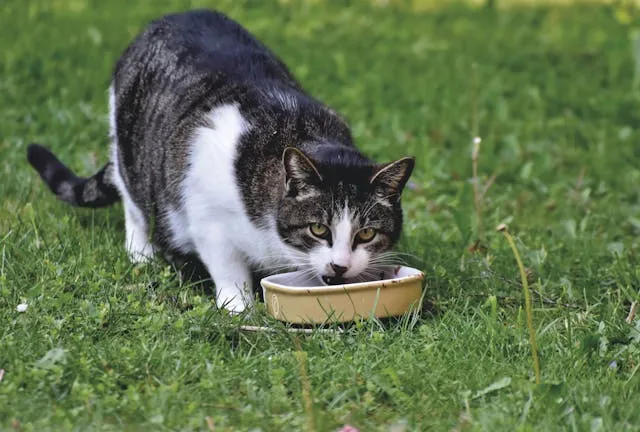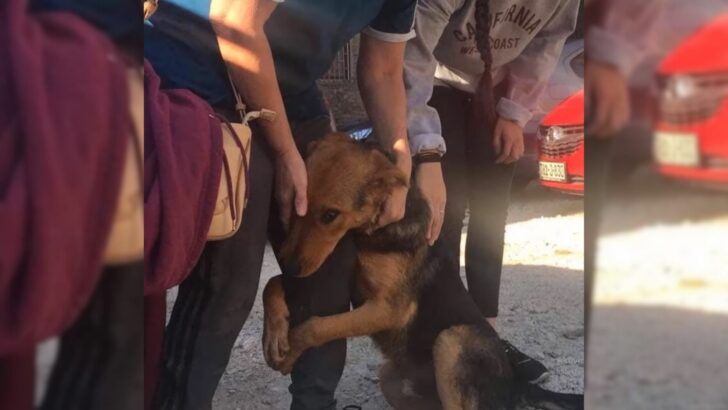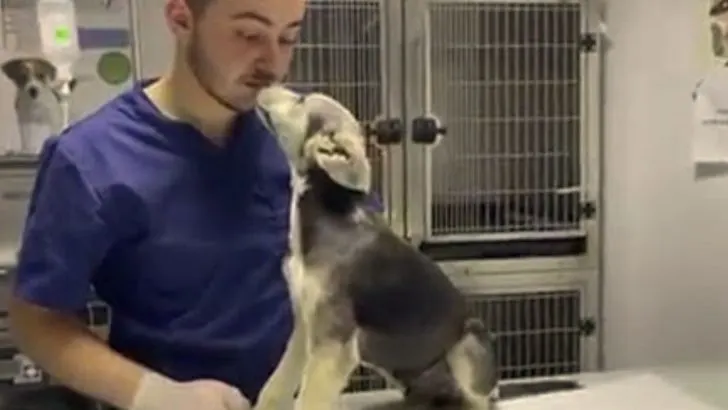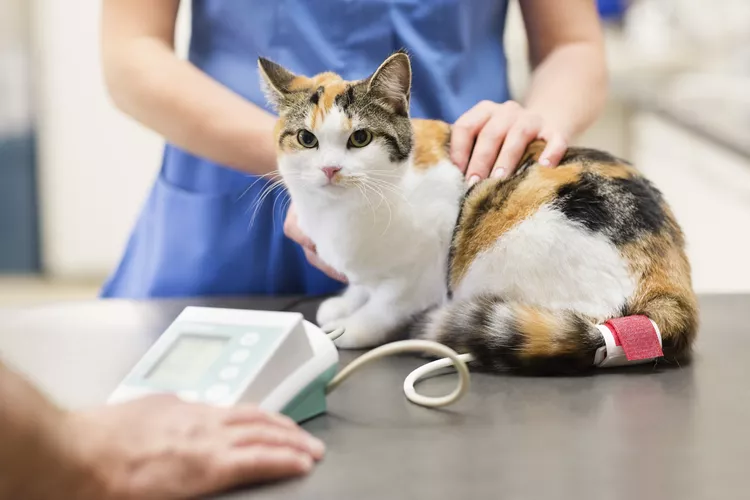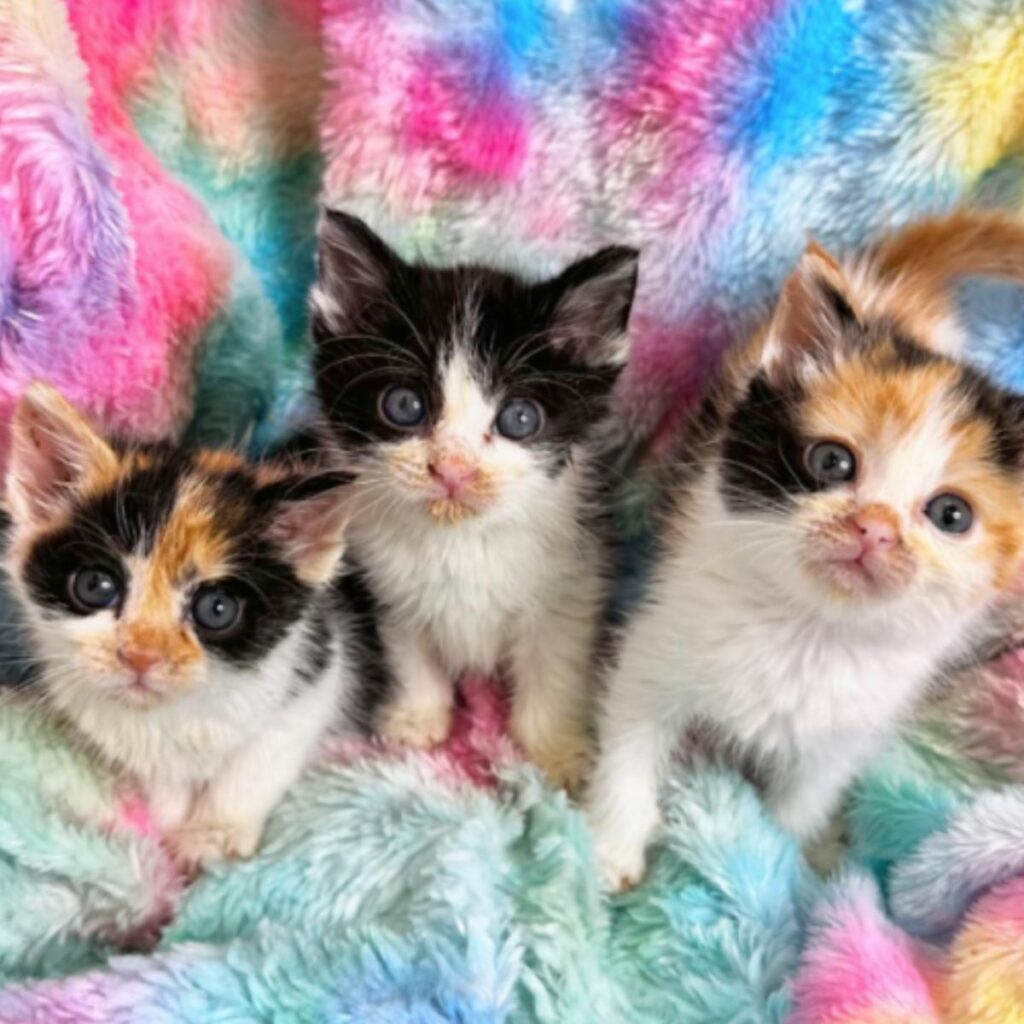Feeding cats mice is a behavior that may appear natural and instinctive, but it’s not without its risks. While cats are known for their hunting abilities, there are several reasons why it is not recommended to feed them mice. In this article, we will explore three key reasons why you should avoid feeding cats mice and consider alternative options for their diet.
Risk of Parasites and Diseases
Feeding cats mice may seem like a natural and instinctive behavior, but it’s essential to consider the potential risks involved. Mice, as prey animals, can carry various parasites and diseases that pose significant health risks to both cats and humans.
One of the common parasites found in mice is fleas. These tiny pests can easily infest cats and cause discomfort, itching, and even allergies. Ticks are another concern, as they can transmit diseases such as Lyme disease and babesiosis.
Additionally, mice can harbor tapeworms, which can be transmitted to cats through ingestion. Tapeworms can cause weight loss, poor coat condition, and gastrointestinal problems. Furthermore, mice can carry salmonella, a bacterium known for causing food poisoning. Feeding cats infected mice can lead to the transmission of salmonella to both feline and human household members.
It’s crucial to understand the health hazards associated with feeding cats mice. By exposing them to mice, we inadvertently expose our beloved pets to potential parasites and diseases, putting their overall well-being at risk. Protecting our cats from these health risks is immensely important, and choosing alternative safe and balanced diets is a responsible choice.
Potential Exposure to Harmful Substances
Mice may come into contact with harmful substances, such as pesticides, rodenticides, and other toxic chemicals. Feeding cats mice can expose them to these substances, which can pose serious health risks.
Cats are known for their grooming behavior, and if they consume a mouse that has been exposed to toxins, they can ingest these harmful substances as well. Pesticides and rodenticides are designed to kill pests, and if a cat consumes a mouse that has been treated with these chemicals, it can lead to poisoning and other adverse effects.
Additionally, mice might also be harboring other toxic substances that they have consumed or come into contact with in their environment. These toxins can accumulate in the mouse’s tissues and be transferred to the cat upon consumption.
Exposure to harmful substances in mice can result in a range of health issues for cats, including gastrointestinal problems, nervous system disorders, organ damage, and even death in severe cases. It is crucial to prioritize the well-being of your feline companion by ensuring they are not exposed to these dangerous substances.
To protect your cat from potential harm, it is recommended to avoid feeding them mice and opt for safer and nutritionally balanced alternatives.
Not a Balanced Nutritional Choice
Feeding cats mice may seem like a natural instinct, considering their hunting habits in the wild. However, it is important to understand that mice do not offer a balanced and complete nutritional profile for domesticated cats. While mice may provide some essential nutrients, relying solely on them as a primary food source can lead to imbalanced diets and potential health risks for your feline friend.
Mice are relatively small creatures and their nutritional composition may not meet all of a cat’s dietary requirements. They are high in protein and fat, but lack certain essential vitamins and minerals that cats need for optimal health. Without these vital nutrients, cats may experience nutritional deficiencies, weakened immune systems, and other health issues.
It is crucial to provide cats with a well-rounded and balanced diet that includes a variety of protein sources, essential amino acids, vitamins, minerals, and fiber. This can be achieved through commercial cat food that is specifically formulated to meet their nutritional needs. These specially designed diets are carefully balanced to provide all the necessary nutrients for cats to thrive.
In addition to commercial cat food, it is important to note that certain human foods can also be included in a cat’s diet as long as they are safe and nutritionally appropriate. Consult with your veterinarian to determine the best diet plan for your cat, based on their individual needs and health condition. Remember, providing a balanced and complete diet is crucial for your cat’s well-being and long-term health.
